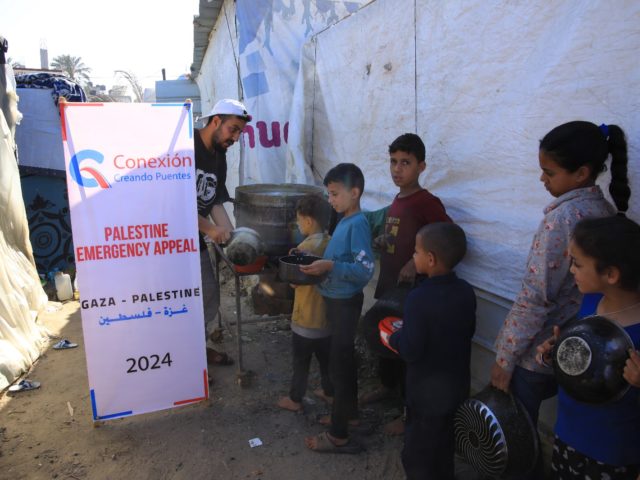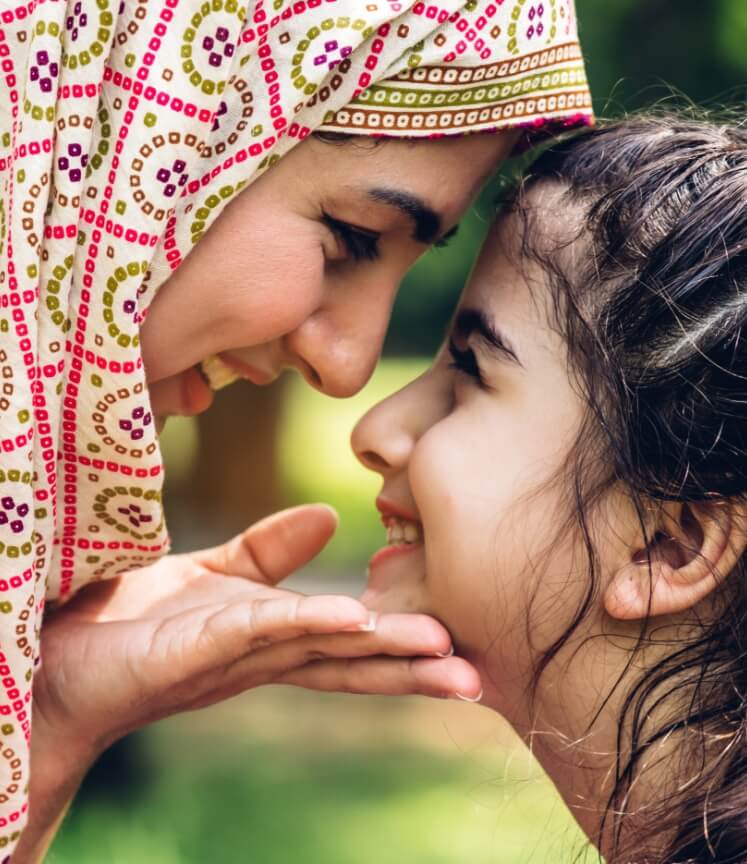Refugee Education 2030: A Strategy for Refugee Inclusion was developed after a two-year collaborative and consultative process with UNHCR stakeholders and partners and aims to ensure that refugees are increasingly being taken into account in the education sector by planning objectives and action plans that refugee and host community students are equitably prepared and that the particular learning needs of refugee students are addressed through expanded programmes.
As a leader for refugee protection, UNHCR remains committed to and supports host governments and refugees until solutions are available for all and works directly with refugees, governments, and partners at a national, regional and global levels on a daily basis. Therefore, it takes on a global leadership role in ensuring that decisions and actions related to refugee education in emergency and protracted situations are made through the lens of legality.
The global displacement situation is evolving rapidly and has attracted many new partners whose valuable contributions deserve to be shared, adapted, expanded or escalated.
Here are the key points of this strategy:
Vision of refugee education 2030: inclusion in equitable quality education in national systems.
Mission: This strategy seeks to foster the conditions, alliances, collaboration and approaches that lead to all refugees, children and young people seeking asylum, returnees and their host communities, so that they can access an equitable and quality education that allows them to learn, prosper and develop their potential, build individual and collective resilience and contribute to peaceful coexistence and civil society.
Goals / Objectives: Pre-primary, primary and secondary education enrollment targets for 2030 will be measured at the country level against the reported official net enrollment for host communities and will be disaggregated by gender to ensure visibility.
Rationale: Sustainable Development Goal 4 (SDG 4) aims at free, quality, pre-primary, primary, secondary, literacy and skills-focused education that leads to relevant and effective learning outcomes. It also underlines the importance of equitable access for all children and young people.
Strategic objectives and approaches: the inclusion in national systems of those who have not had access to education is a process. Steps toward education systems that include persons of concern should reflect both the preparation of the system and the preparation of the students.
The three strategic goals of Refugee Education 2030 are:
- Promote the equitable and sustainable inclusion in the national educational systems of refugees, asylum seekers, returnees, stateless persons and internally displaced persons;
- Foster safe and nurturing environments that support learning for all students, regardless of legal status, gender, or disability;
- Enable students to use their education for sustainable futures.
Due to the current trend towards protracted situations, and because the majority of refugees live in developing or less developed countries globally, Refugee Education 2030 proposes coherent action in all humanitarian and development responses that support the inclusion of all students in the educational systems of the host country, regardless of legal conditions, status, gender or disability.
The objectives, as well as the ways to achieve them through the strategic approaches of partnership, collaborative learning, capacity development, innovation, evidence and growth are described in detail in the body of this strategy, which aims to provide inspiration and guidance to a broad spectrum of stakeholders. This document is downloadable through this link for free for anyone who wishes to read it.
Translated from Spanish
15th October 2021





